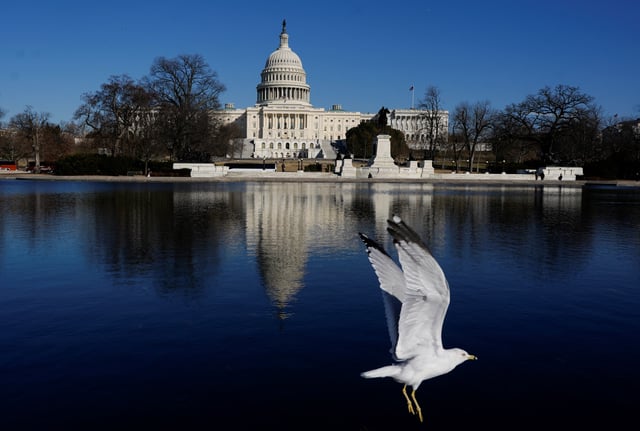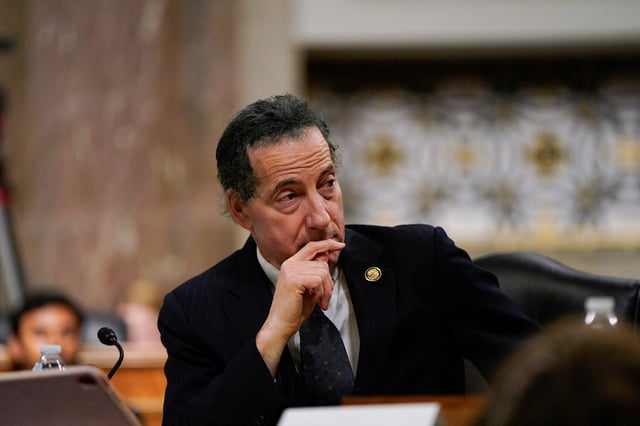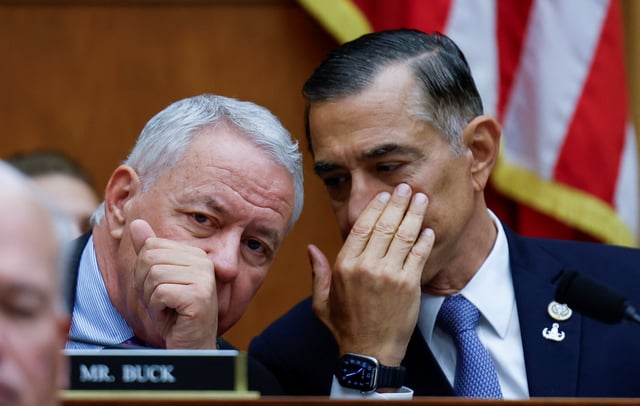Overview
- The U.S. House of Representatives passed the No Rogue Rulings Act by a 219-213 vote, with all but one Republican supporting the measure and no Democratic votes in favor.
- The legislation seeks to limit federal district judges from issuing nationwide injunctions, restricting injunctive relief to the parties directly involved in a case.
- Republicans introduced the bill in response to an increase in nationwide injunctions against Trump administration policies, with over 15 such rulings noted during Trump's first term.
- Supporters argue the bill addresses judicial overreach and prevents individual judges from blocking executive actions on a national scale, while Democrats criticize it as undermining judicial checks on unlawful policies.
- The bill now moves to the Senate, where it faces significant hurdles, including the need to secure bipartisan support to overcome the 60-vote filibuster threshold.



